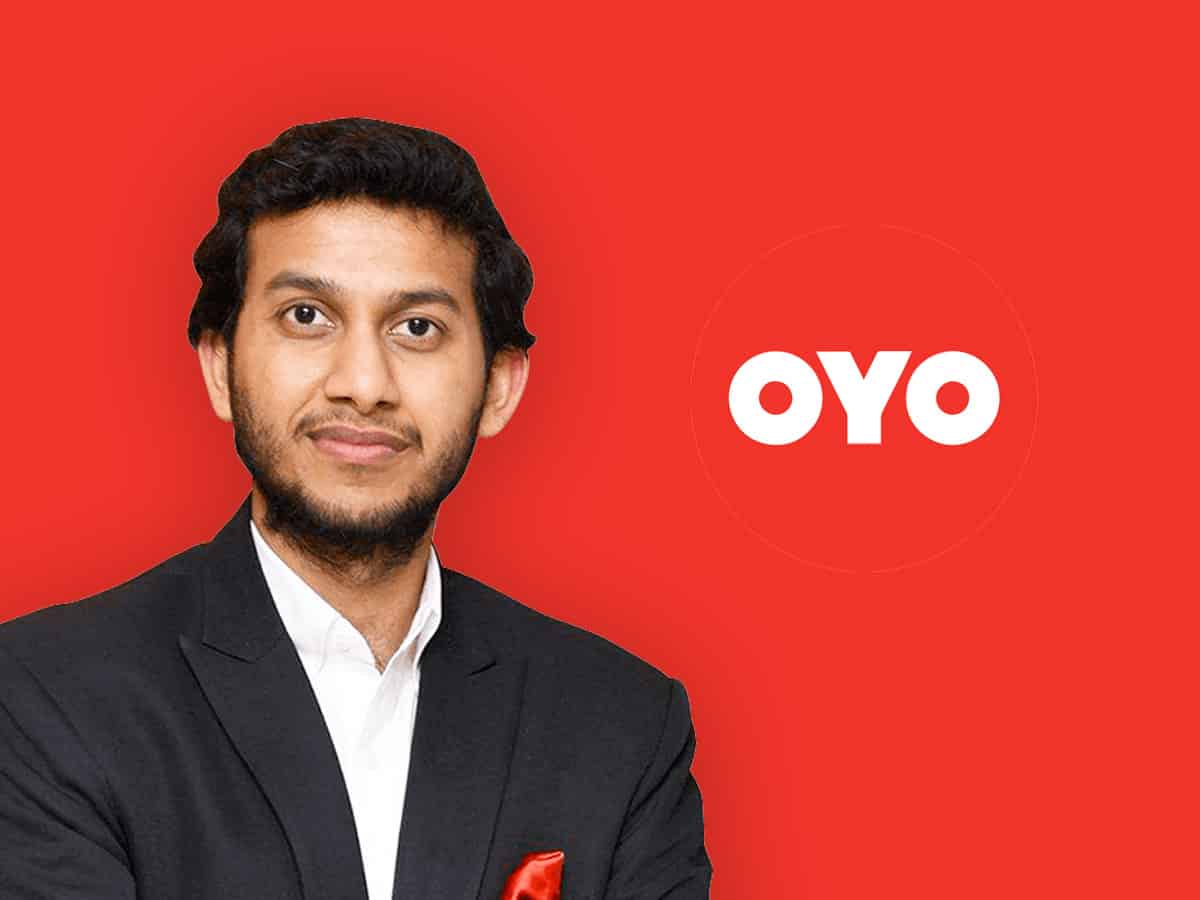
New Delhi: As hospitality major OYO firms up plans for its initial public offering (IPO), financial services company Jefferies says that while the company saw one of the strongest first quarters in many years, there are some challenges that it needs to address to maintain growth momentum.
According to the report the two major factors that have helped OYO improve unit economics as it turned EBITDA (adjusted) positive in the first quarter of FY23 is the broad-based improvement in travel trends and business restructuring by the company.
Even though OYO faces stiff competition from traditional hotel companies, short-term vacation rental companies, other online travel agencies (including Super Apps hosting peer OTAs) and competition from search engines in attracting, engaging and retaining customers on platform, the Covid-induced downturn gave OYO an opportunity to rethink the scale, size and cost of operations and shifted its focus on refining the hotel footprints by increasing profits per hotel according to Jefferies.
Its revenue shows steady momentum across all segments in Q1FY23.
“OYO’s ability to provide customers with access to a broad range of high-quality storefronts at a compelling price point, coupled with brand strength and attractive loyalty and referral programs, provide organic and repeat demand for storefront bookings, resulted in increased Gross Booking Value (GBV) for the company,” quotes the report.
The Gross Booking Value (GBV) per hotel per month modestly recovered in FY22 and has seen a sharp jump in 1QFY23 after bottoming out in FY21. The report also highlighted that the number and variety of storefronts is a measure of width and reach of the platform and is a key value proposition to the customers.
Therefore, growth in patron base and storefront footprint globally will be critical for the organisation. It will also have to keep the focus on growing the gross bookings value (GBV) per storefront — organically, including from various loyalty programs to incentivize bookings from new customers and drive growth.
The report also referred to OYOs asset-light, technology-driven business model that has enabled it to scale business globally and provided it with a competitive advantage in the short-stay accommodation space, besides accelerated development and adoption of technology/products to reduce operating costs and reposition its offerings.
OYO’s adjusted Gross Margin improved from 9.7 per cent in FY20 to 33.2 per cent in FY21 and 40-41 per cent in FY22/1QFY23. In FY22, Adjusted EBITDA losses narrowed to Rs 4.7 billion from Rs 17.5 billion losses in FY21, and the company turned profitable on EBITDA (Adjusted) in 1QFY23. In addition, the company’s Contribution profit improved from 5.1 per cent in FY20 to 22-23 per cent in FY22 and 1QFY23.
OYO’s employee expenses decreased by 63 per cent YoY in FY21 (grew 7 per cent YoY in FY22) driven by rationalisation of employees, centralisation of key functions in strategy, better revenue management, moving corporate support teams from a country level to a regional level, rationalisation of non-core businesses and increased automation led operational efficiency.
However, the report also pointed out that OYO is presently focused in India, Indonesia, Malaysia and Europe since they are more mature in terms of the scale of storefront footprints and unit economics. These markets together account for 90 per cent of its storefronts globally.



